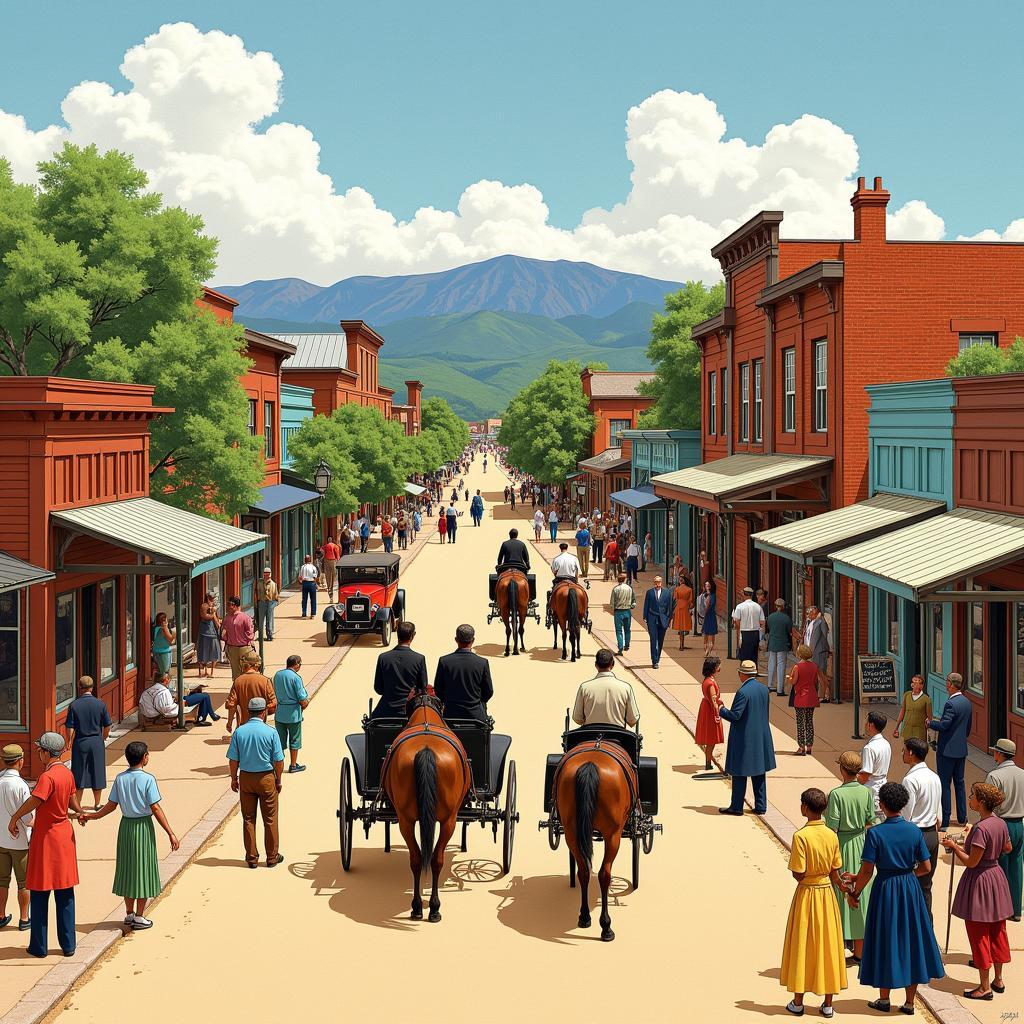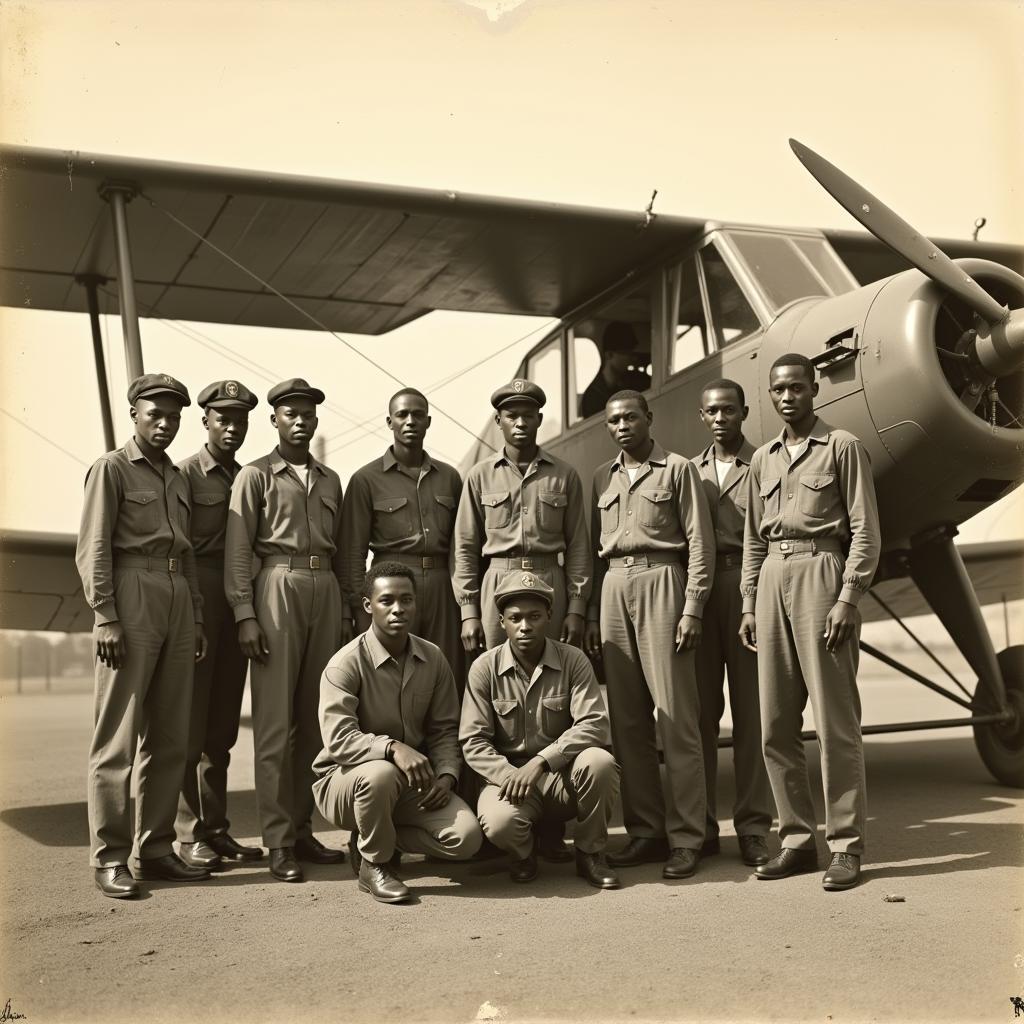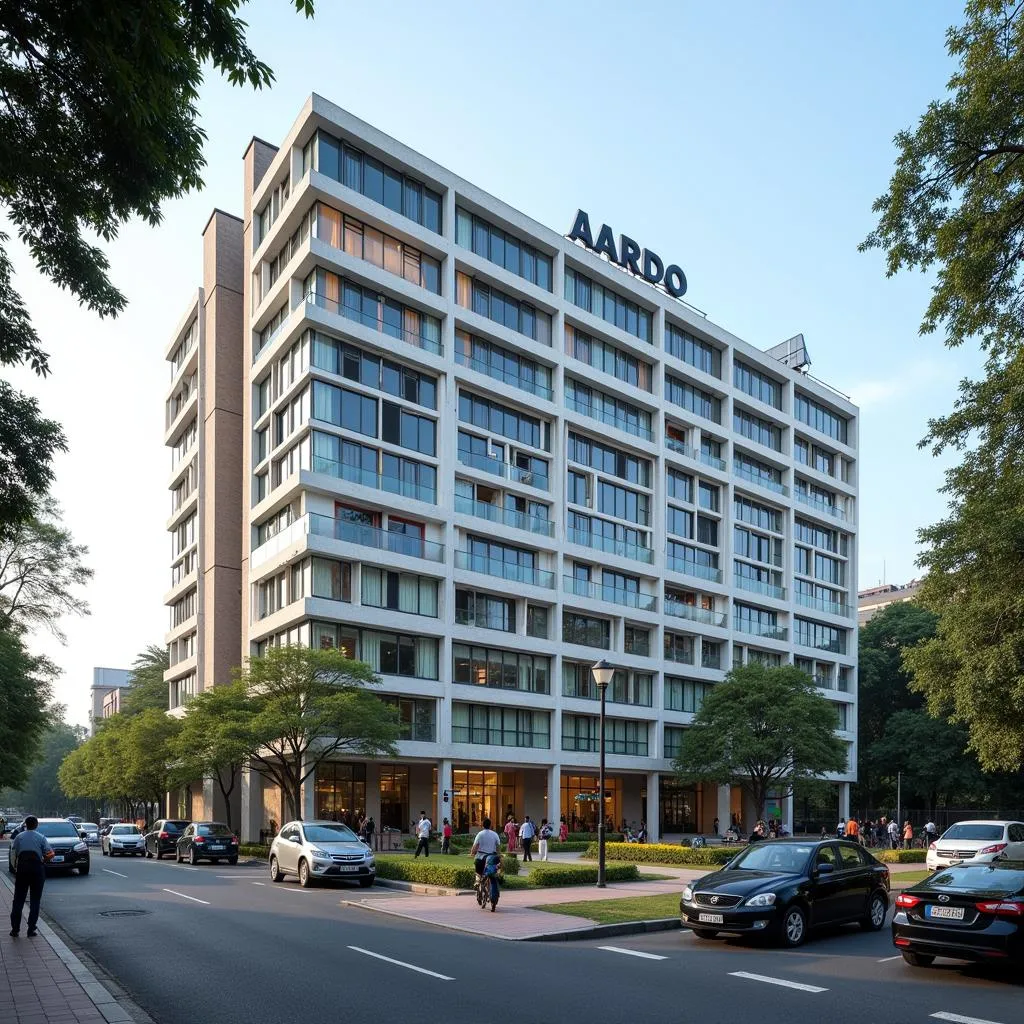The African Country with the Most Americans: Exploring Liberia’s Unique Connection
Liberia, a small West African nation, holds a unique distinction: it’s the African country with the most Americans, or rather, people of Americo-Liberian descent. This fascinating connection stems from the nation’s founding in the 19th century as a haven for freed American slaves. But understanding this relationship requires more than just knowing the numbers; it demands delving into the complex history, culture, and societal dynamics that have shaped Liberia.
The story begins in the early 1800s, with the American Colonization Society (ACS), an organization that believed repatriation of freed slaves to Africa was the best solution to the social and political challenges posed by slavery in the United States. This belief, though well-intentioned by some, was also rooted in racist ideologies that saw no place for Black people in American society. The ACS established Liberia in 1822, and over the following decades, thousands of freeborn and formerly enslaved African Americans journeyed across the Atlantic, seeking a new beginning in the land they called their ancestral home. This migration profoundly impacted both the newcomers and the indigenous populations already residing in the region. The cultural exchange, often fraught with tension and conflict, created a unique blend of African and American traditions, giving rise to the Americo-Liberian culture that continues to influence Liberian society today.
Unpacking the Americo-Liberian Legacy
The arrival of the Americo-Liberians introduced a new social and political order, modeled after the United States. They established a government, schools, and institutions that reflected their American heritage. This, however, often came at the expense of the indigenous tribes, leading to social stratification and political marginalization. The Americo-Liberians, though a minority, held considerable power, creating a complex social hierarchy that persisted for generations. The legacy of this era continues to shape Liberia’s political landscape and social dynamics. Understanding this nuanced history is crucial to grasping the full picture of Liberia’s connection to the United States.
Beyond Numbers: Understanding the Cultural Exchange
The cultural exchange between the Americo-Liberians and the indigenous populations resulted in a fascinating fusion of traditions. While English became the official language, infused with unique Liberian inflections, traditional African languages and customs persisted, creating a rich tapestry of cultural expression. This blend is evident in everything from music and art to cuisine and social customs. For instance, Liberian cuisine incorporates both American Southern staples and indigenous African ingredients, creating dishes that are uniquely Liberian.
What is the current population of Americo-Liberians in Liberia?
While precise numbers are difficult to obtain, it is estimated that Americo-Liberians and their descendants comprise a significant portion of Liberia’s population.
Why is Liberia considered the African country with the most Americans?
Liberia is considered the African country with the most Americans due to its historical connection with the American Colonization Society and the subsequent migration of freed American slaves to Liberia. This migration led to the establishment of a distinct Americo-Liberian community that has profoundly shaped Liberian society. More about African American pilots during WW2 can be found at African American Pilots WW2.
Liberia Today: A Nation Forged by History
Today, Liberia is a nation grappling with its complex past while striving to build a brighter future. The historical tensions between the Americo-Liberians and indigenous populations continue to influence political discourse and social dynamics. However, there’s also a growing sense of shared identity and a collective effort to overcome historical divisions and forge a more unified nation. This journey is reflected in Liberia’s vibrant arts and culture scene, its burgeoning economy, and its evolving political landscape. Check out more details about another African country, Ghana, at African Country Ghana. You can also learn about Africa and Africans in the making of the Atlantic world through this resource: Africa and Africans in the Making of the Atlantic World.
Conclusion: A Continuing Story
Liberia, the African country with the most Americans, offers a compelling case study in history, culture, and the enduring impact of human migration. The story of Liberia is far from over. It’s a continuing narrative of resilience, adaptation, and the ongoing quest for national unity and prosperity. For more powerful stories, you can explore African American Slavery Quotes. If you are interested in movies, check out these African American drama movies on Netflix.
FAQ:
- What is the origin of the name Liberia? The name Liberia comes from the Latin word “liber,” meaning “free.”
- What is the official language of Liberia? English.
- What is the capital of Liberia? Monrovia.
- What is the main religion in Liberia? Christianity.
- What is the currency of Liberia? The Liberian dollar.
Common Scenarios and Questions:
- Scenario: Someone researching their family history and discovers a connection to Liberia. Question: How can I trace my Americo-Liberian ancestry?
- Scenario: A traveler planning a trip to Liberia. Question: What are the cultural customs and etiquette I should be aware of?
Further Exploration:
You might also be interested in articles about Liberian cuisine, traditional music, or the country’s political system.
Need Assistance?
When you need support, contact us at Phone: +255768904061, Email: [email protected], or visit our address: Mbarali DC Mawindi, Kangaga, Tanzania. We have a 24/7 customer service team.


